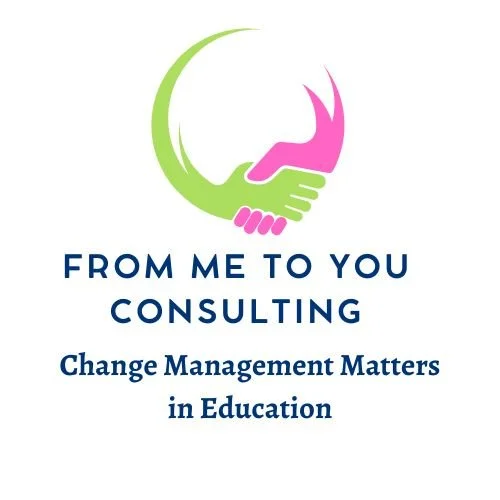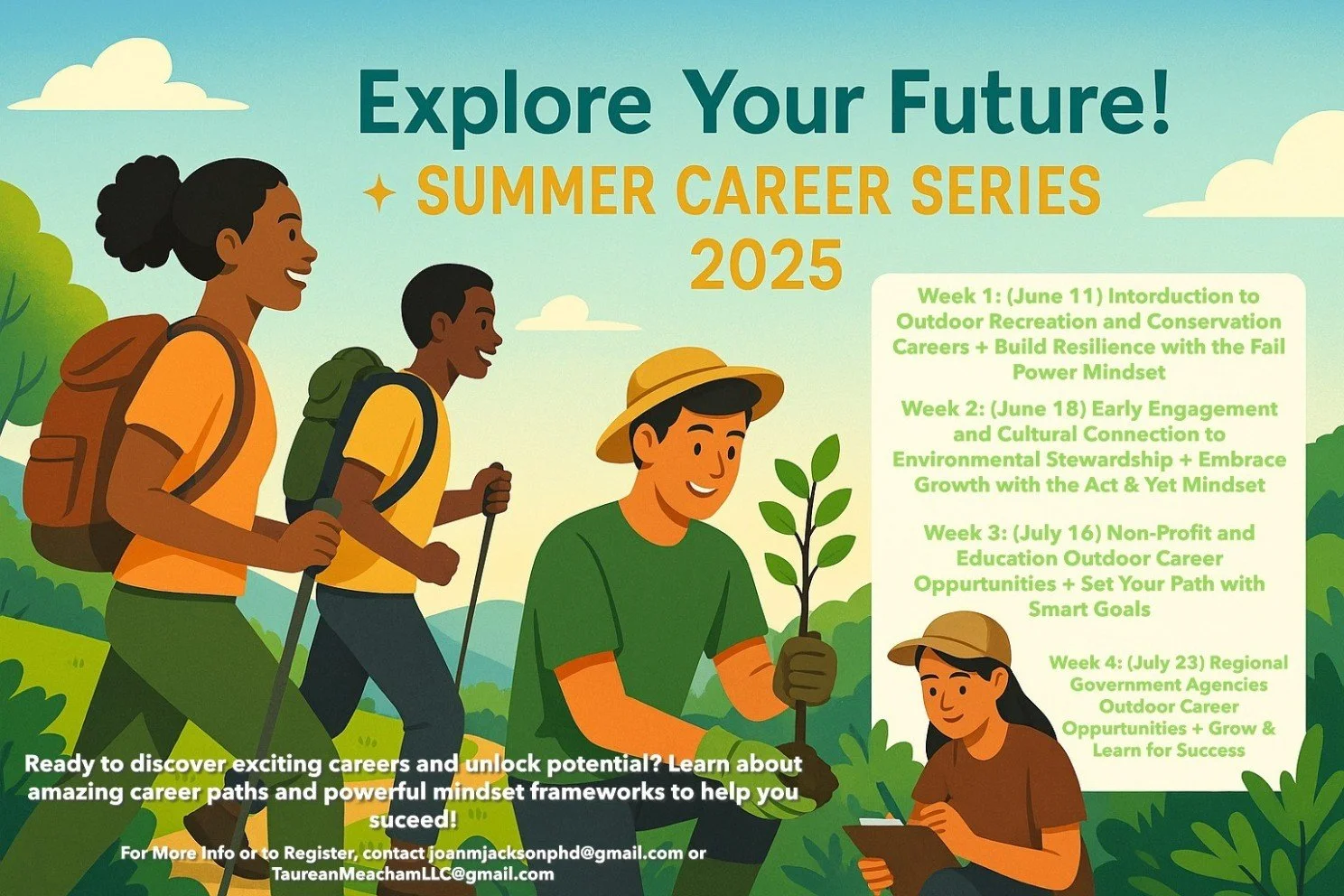Empowering Every Voice to Drive Lasting Change and Transformation
Art integration is more than a teaching strategy—it’s a catalyst for transformation. By weaving creativity and critical thinking into every multifunctional arena, we spark meaningful change that reaches every type of worker, leader, and learner. But true transformation demands more than new ideas; it requires effective change management and authentic stakeholder engagement. Through transparent communication, active listening, and inclusive collaboration, we ensure every voice is heard and empowered. This collective approach builds a resilient foundation for lasting, impactful change in cross-sector environments—where innovation thrives and every stakeholder is part of the journey
Change Management Drives Transformative Decisions
Unlocking innovation requires more than new ideas—it demands a structured approach to change management that brings every voice to the table. Our firm leads transformative journeys by guiding schools, nonprofits, government, and businesses through interdisciplinary learning that blends arts, sciences, and diverse community perspectives. By engaging stakeholders early, providing ongoing training, and fostering transparent communication, we break down silos and empower teams to solve today’s toughest challenges collaboratively. Whether you’re a school leader, nonprofit director, or business executive, we help you navigate change, inspire engagement, and achieve results that last
SUMMER WORKSHOPS:
The "Explore Your Future" Environmental Career training series was a huge success. Taurean and I thank everyone who participated in our virtual workshops. If you missed them, please see the OUR TEAM page to watch the videos. Here are the sessions that took place:
Week 1 (June 11): Outdoor Recreation & Conservation Careers + the “Fail & Power” mindset—helping youth build resilience through reframing failure.
Week 2 (June 18): Cultural Connection to Environmental Stewardship + the “Act & Yet” mindset—rooted in agency and optimism.
Week 3 (July 16): Non-Profit & Education Careers + SMART Goal-Setting—shaping strategy through purpose.
Week 4 (July 23): Government Careers in Conservation + Cognitive Learning Strategies—preparing minds for complexity and change.
Register by contacting: Dr. Joan Jackson (joanmjacksonphd@gmail.com) or Mr. Taurean Meacham (TaureanMeachamLLC@gmail.com)
Get in Touch
Your vision for innovative education deserves expert guidance—connect with us now for a friendly consultation and let’s bring your ideas to life!
“The fact is that given the challenges we face, education doesn't need to be reformed — it needs to be transformed.”
~ Sir Ken Robinson, from his TED Talk and book, Creative Schools



